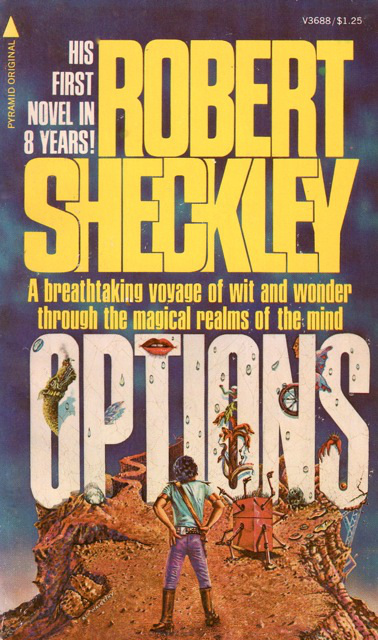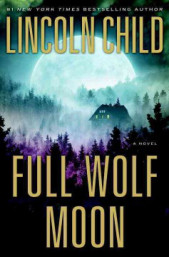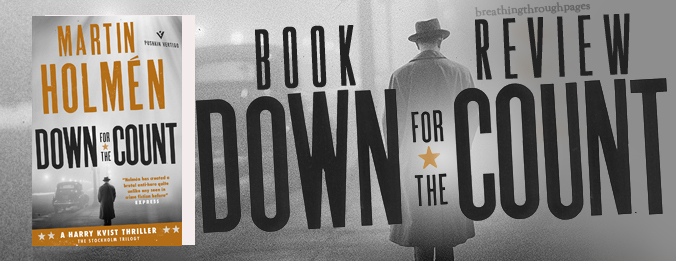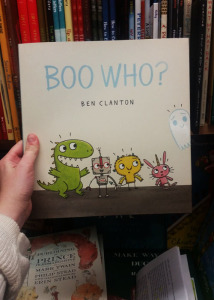
(Ron Waltosky’s cover for the 1975 edition)
Options is a novel about a crashed pilot, Tom Mishkin, trying to find a missing engine part on a hostile planet with the aid of a robot who was specifically designed to handle all of the dangers of…a different planet entirely. But not really.
Options is actually a bizarre, experimental, and very meta little oddity of a novel. I picked it up because I read Joachim Boaz’s review, and the core gimmick—the idea that the author loses control of his own story and has to personally step in and set it right—sounded like it had a lot of fun potential. And also I liked the cover ¯\_(ツ)_/¯
I’ll start by saying that I liked this novel quite a bit! Though I use the term “novel” loosely. Boaz puts it nicely when he says it reads more “as a series of 77 micro-stories, each with their own punch line,” than as one continuous story. Taken in that way, it’s definitely a mixed bag. Some of these episodes are quite clever and funny, but more often than not I felt like Sheckley’s sense of humor and mine weren’t meshing in a way I can’t quite put my finger on. Oddly enough, the novel got much better towards the end, as it became less coherent; the chapters lost even the tenuous connections they had with each other. At points, it was almost prose poetry. Here’s chapter 58, for example:
The heroic figure of a man, holding a flute in one hand, a serpent in the other. This man says, “Enter.”
A horned woman mounted on a werewolf, holding a sickle in one hand, a pomegranate in the other. This woman takes your overcoat.
A man with a jackal’s head, naked except for winged sandals. In one had he holds a fragment of papyrus, in the other, a bronze disk. This man says “Immediate seating in the first three rows.”
How many more reminders could anyone want?
The combination of bizarre gnostic images with theater attendant dialogue, plus the incongruous question at the end are quite good examples of the principles of juxtaposition and torque that guide the poetics of surrealist prose poetry.
The main issue with Sheckley’s novel is its pacing. If he had given us a regular old coherent narrative for the first 30-50 pages I think all of the experimentation would have landed a lot better. A big problem is that there was never any story to lose track of, so when the author is inserted into the narrative and struggles to wrap up the story at the end, we don’t really care, or quite understand why the story went off track, since there wasn’t really much of a track to begin with.
The very best part of the novel comes near the end when we abandon Mishkin for an entirely different story. This part blew me away: in some twenty or so pages, Sheckley crafts a rich, beautiful, well-conceived story. The punchline is that even that isn’t enough to wrap up his novel. But the fact that Sheckley can create such a powerful story here is a really good example of the power of mystery in storytelling; it shows us that the most powerful parts of a story are always the parts we don’t actually get told. Sheckley understands a paradox of storytelling; there’s such infinite potential in implied storytelling that to actually describe the events and emotions takes away most of their power. This is where I found myself really won over.
Overall, quite worth reading, especially if you go into it with the right expectations.
Coming soon: The Yiddish Policemen’s Union, Les Xipehuz, and The Headless Cupid.
Advertisements Share this:






